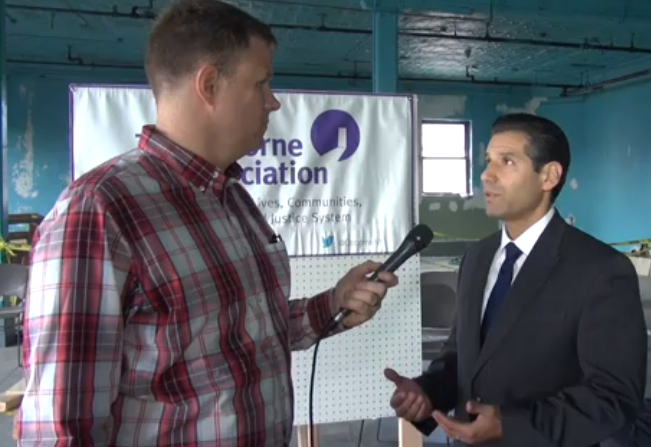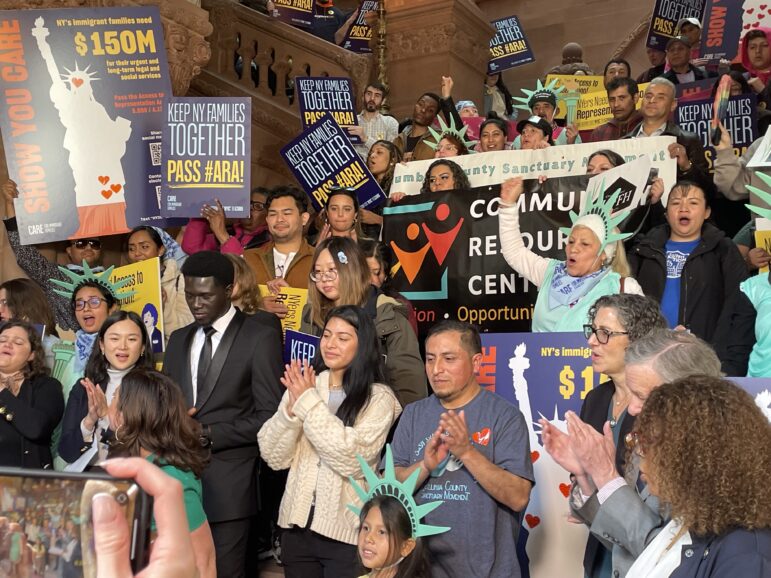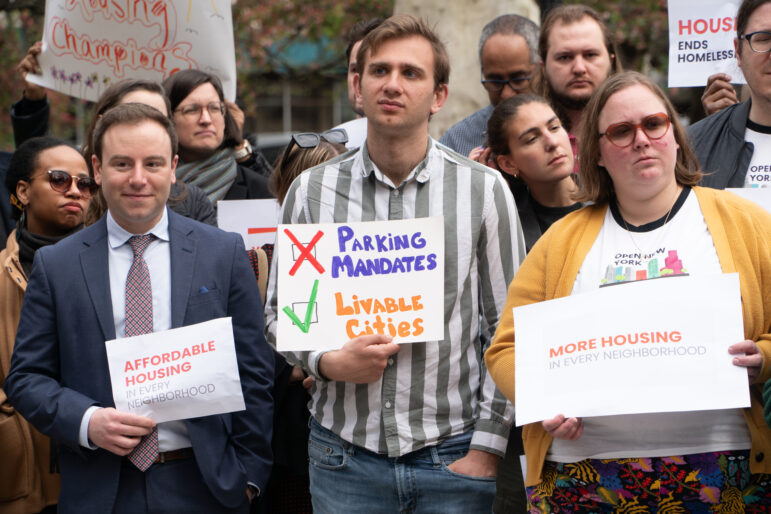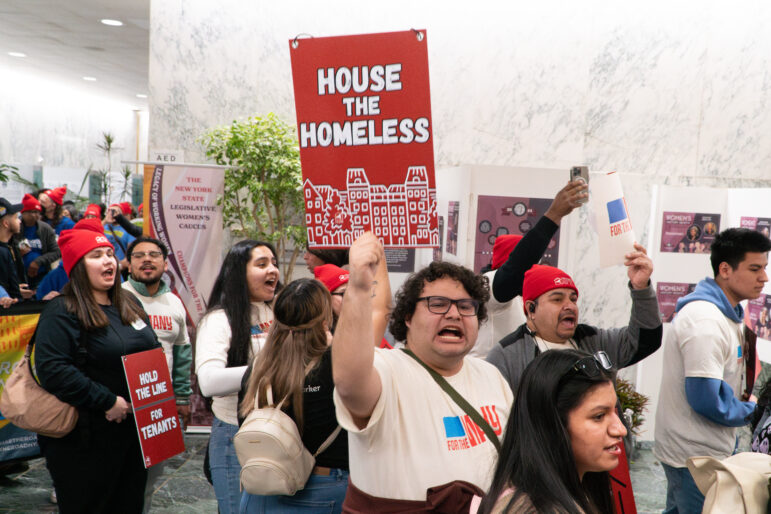
Marc Bussanich
City Limits' Marc Bussanich interviews John Valverde, associate executive director of the Osborne Association.
The formerly incarcerated face many challenges as they try to re-establish themselves, not the least of which is finding full-time employment. According to two organizations that help the formerly incarcerated transition from prison, employers are still reluctant to hire persons with criminal records.
In video interviews, City Limits asked both John Valverde, associate executive director of The Osborne Association and Stanley Richards, senior vice president at The Fortune Society whether employers’ attitudes are changing.
“I would say it’s definitely very difficult for people with criminal convictions to obtain employment. It’s certainly not easier than it’s ever been. I think it’s still really a challenge and with the unemployment challenges we’ve had here in the Bronx, very often those with criminal records are at the very end of the line of the unemployment line,” said Valverde.
But he also noted that as difficult as it is for the formerly incarcerated to land a job, it is possible to work with employers to place the formerly incarcerated into jobs.
“It is by no means impossible for people with criminal records to obtain employment. It happens every day. We’ve been very successful in supporting people in getting employment. There are employers who believe in second chances; we call them champion employers, really justice-friendly employers that are willing to give people the opportunity they deserve to rebuild their lives, support their families and even contribute to their communities and the economy,” Valverde said.
Richards is formerly incarcerated and says he had a very difficult time getting work.
“I was released in 1991 and I applied at many, many places. It was extremely hard when I came home to try to find a job,” said Richards.
But the Fortune Society gave him the chance to rebuild his life.
“As a result of being employed by the Fortune Society I was able to get my son out of foster care, I got married and raised four beautiful children. I was able to rebuild my life and be a positive influence as opposed to going back and forth to prison,” said Richards.
Despite the obstacles that a conviction presents to job applicants, Valverde recommends that ex-offenders not try to run from their record. “They should not be hiding,” he says. “The key, I think for our participants and for people generally, is to lead as authentic a life as possible and if you’re hiding behind a past instead of being able to speak openly about it and show how you’ve changed, then that will continue to haunt you in a certain way.”








